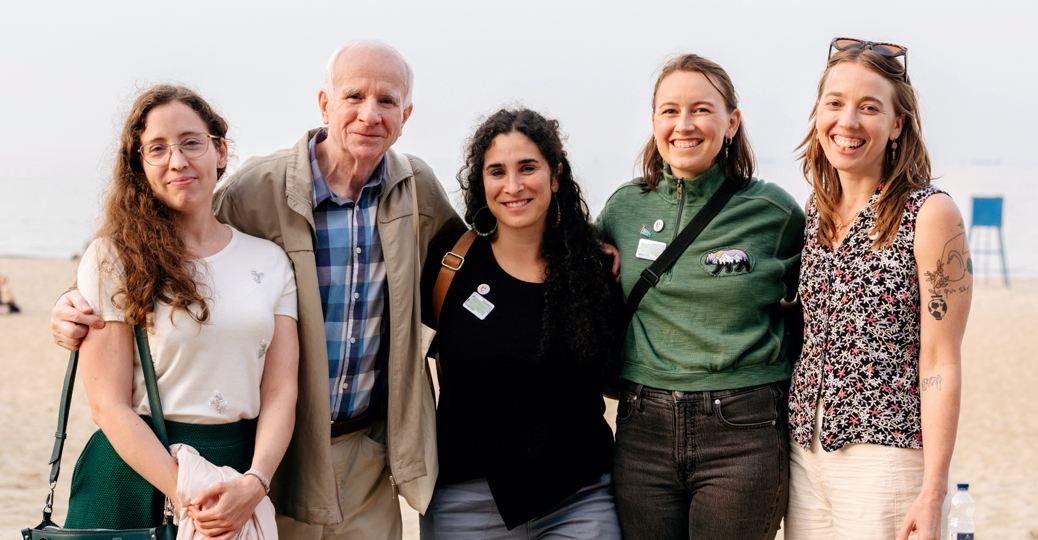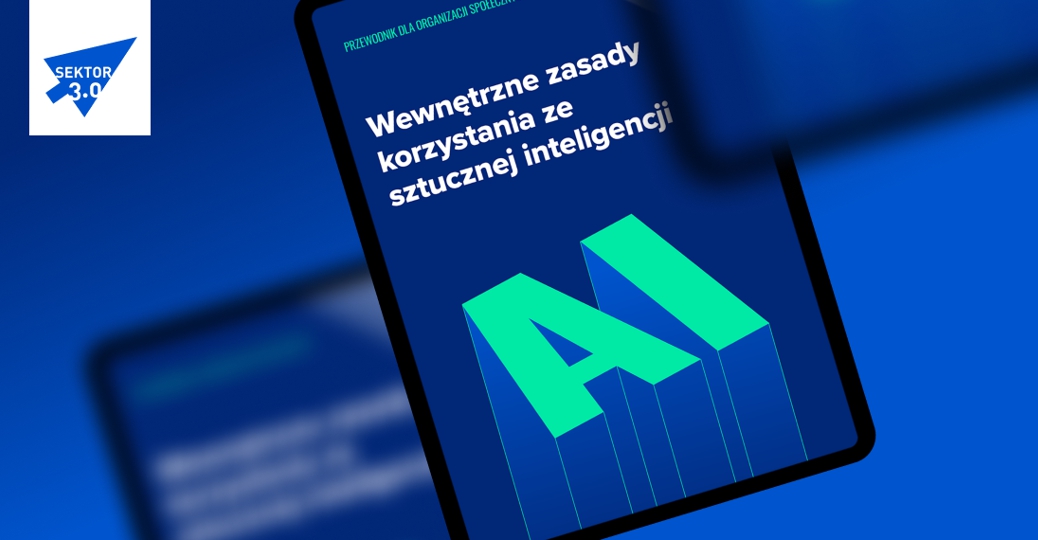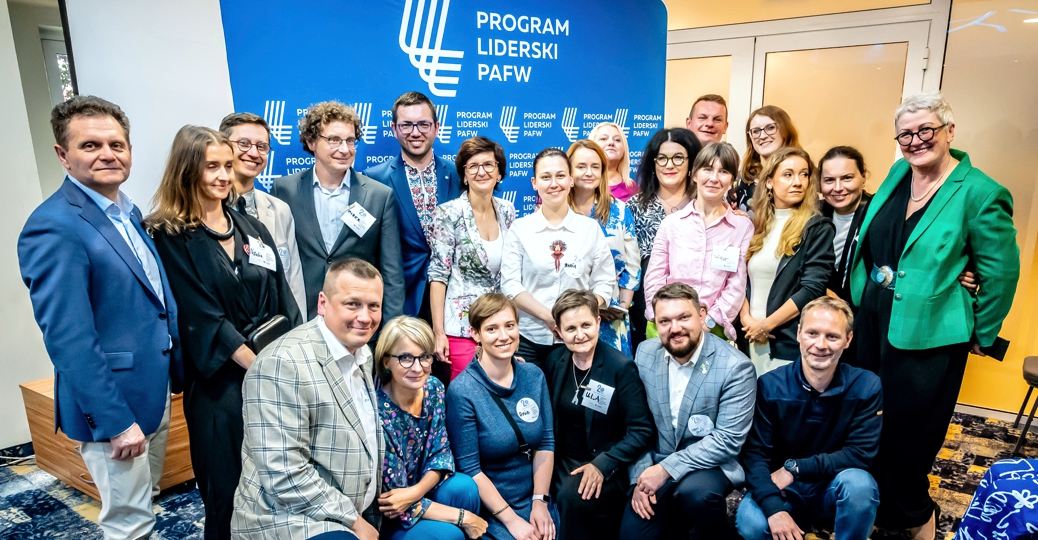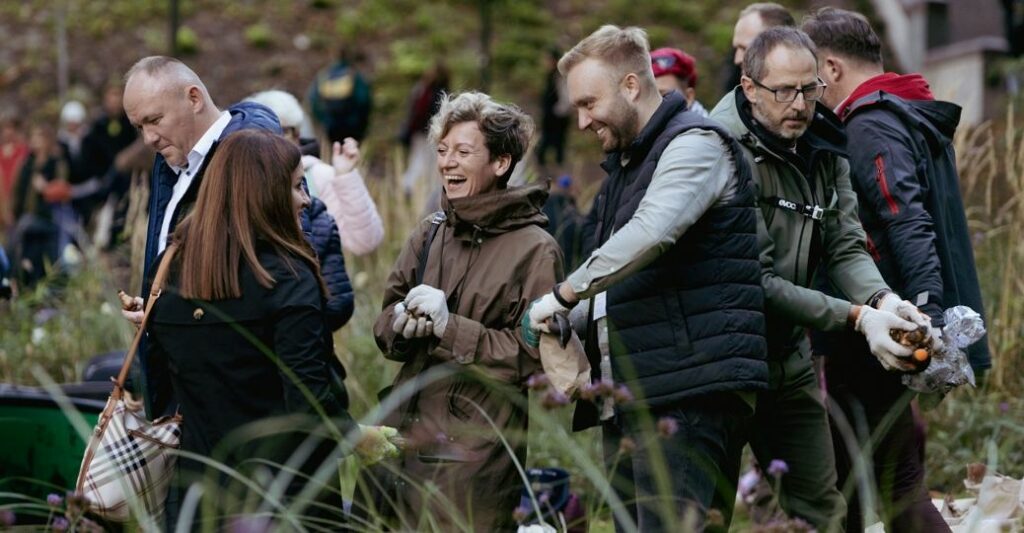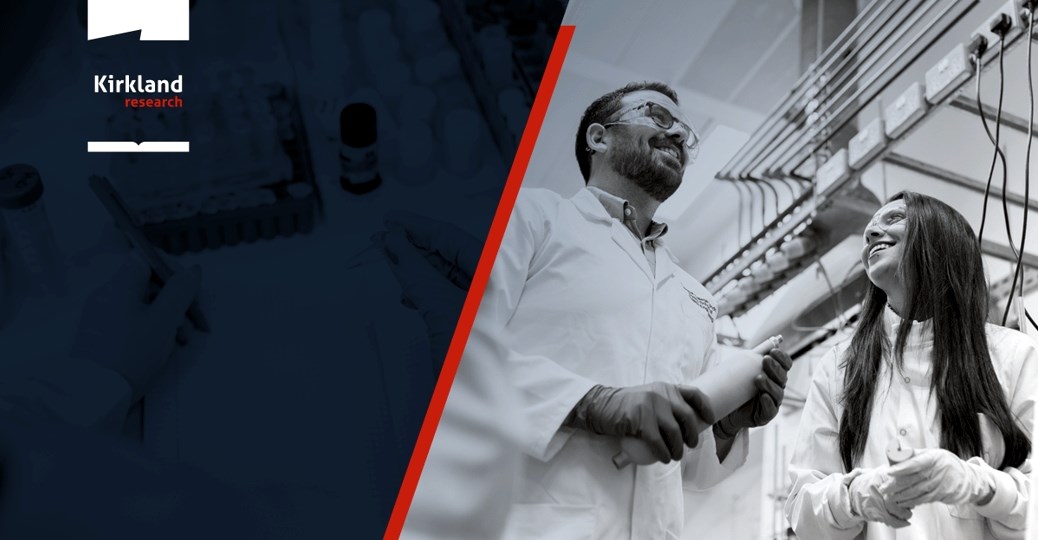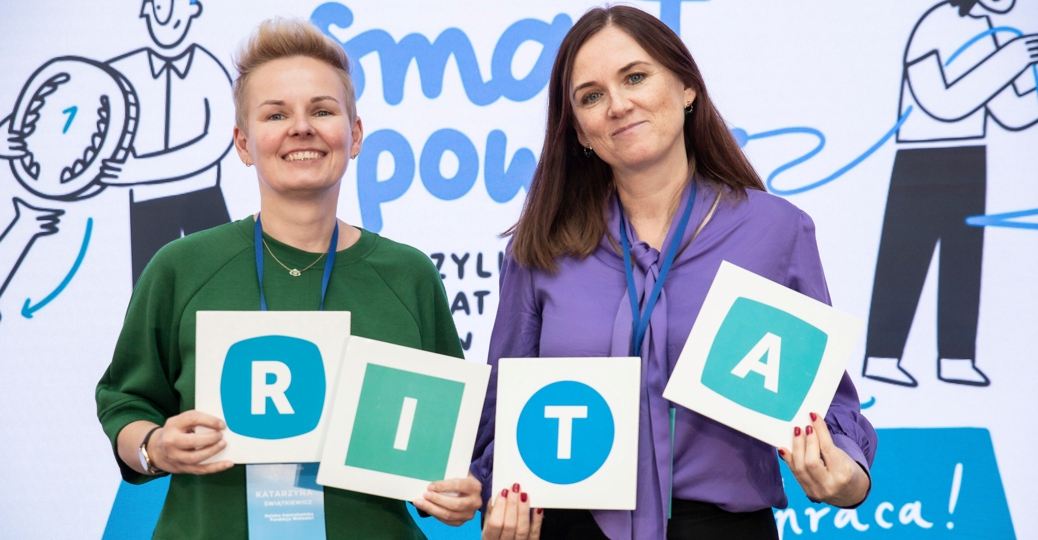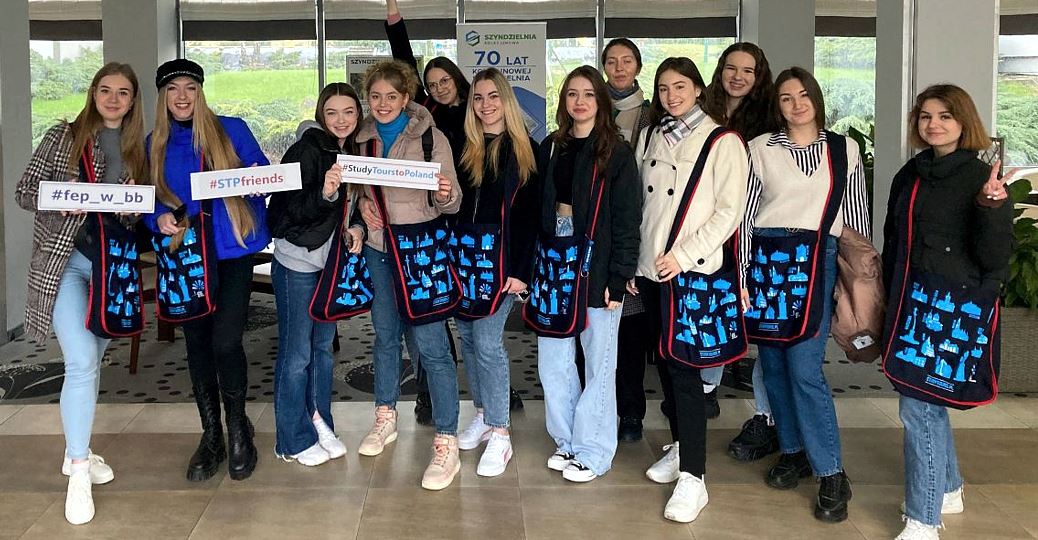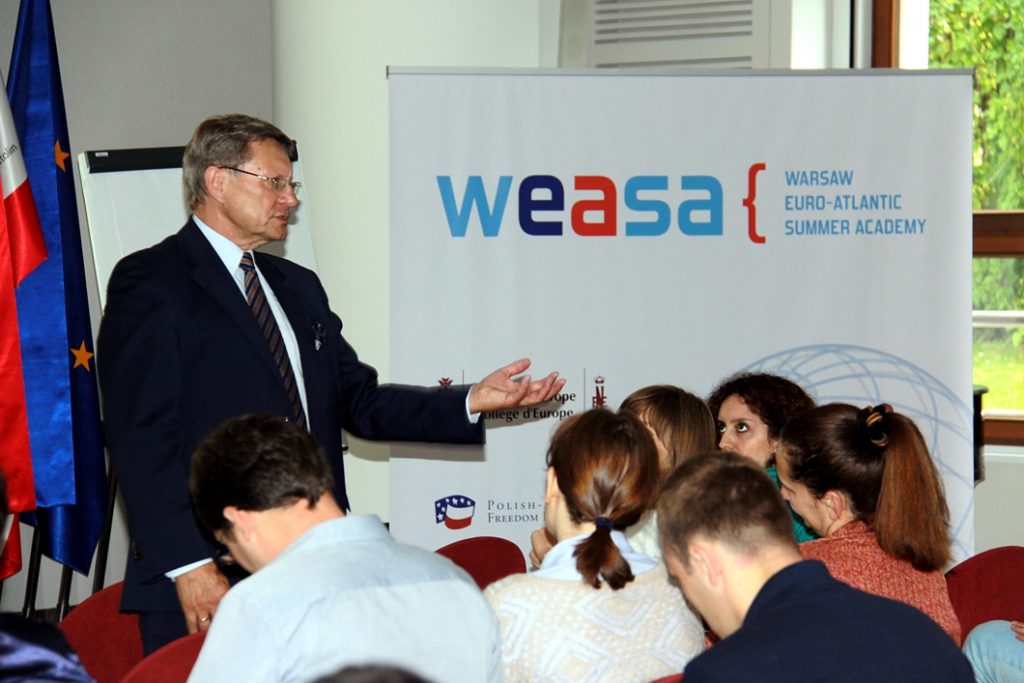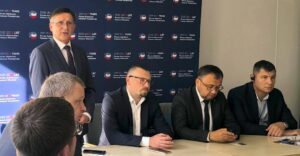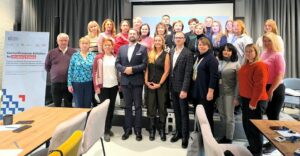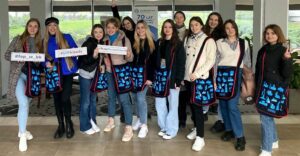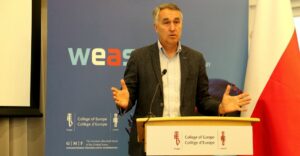The second round of the Warsaw Euro-Atlantic Summer Academy – WEASA was held in the College of Europe in Natolin, Warsaw from July 6 to July 19. WEASA is a joint initiative of the Polish-American Freedom Foundation, the German Marshall Fund and the College of Europe, Natolin Campus.
As part of the undertaking, 43 young professionals from the Eastern Partnership countries, that is from Armenia, Azerbaijan, Belarus, Georgia, Moldova and Ukraine, attended a series of workshops on the European integration, political transformation and Transatlantic relations.
The leading theme of this-year’s Academy was “Mobility as the driving force of the development of the Eastern Partnership countries”.

The offer of two weeks of classes under the Summer Academy in the Natolin campus in Warsaw is addressed to experts from the Eastern Partnership countries, i.e. analysts, political and government advisors, NGO staff, civil service and journalists. The participants, selected in the open enrollment procedure, have the opportunity to attend lectures, workshops and meetings conducted by outstanding lecturers both from Poland and abroad. So far lectures and workshops have been conducted by Prof. Günter Verheugen, Prof. Leszek Balcerowicz, Jacek Saryusz-Wolski, Dr. Clifford Gaddy, Prof. Gert Weisskirchen, Gerhart Stahl, Dr Paweł Samecki, Dr Kai Hebel, Prof. Timo Baas, Prof. Marek Okólski, Prof. Rey Koslowski, Prof. Raul Hernandez, Bruce Stokes and many others. Among experts who took part in the discussions with participants this year were Janusz Onyszkiewicz, former Deputy Chairman of the European Parliament, Paweł Kowal, former Secretary of State at the Ministry of Foreign Affairs, Adam Bodnar from the Helsinki Foundation for Human Rights, and Jakub Wiśniewski, Director of the Department of Foreign Policy Strategy at the Ministry of Foreign Affairs.

The agenda of WEASA included workshops on research and analytical work as well as study tours in the Frontex (European Agency for the Management of Operational Cooperation at the External Borders of the Member States) and the Center for Eastern Studies. The WEASA participants also met the staff of the PAFF Representative Office in Poland.
During the ceremonial closing of the Academy, which took place on July 18, the participants received the WEASA completion certificates. The lecture on the European Union energy policy was given by Member of the European Parliament Jacek Saryusz-Wolski.
For the WEASA alumni, the complementary measures are planned which shall allow to use their competence and maintain a network of contacts and cooperation.

The long-term WEASA objectives, which are convergent with Eastern Partnership ones, include in particular acceleration of the Partnership countries association with the European Union, deepening their economic and civic integration with the EU, supporting the good neighbor relations as well as strengthening the prosperity and security of the the region.









